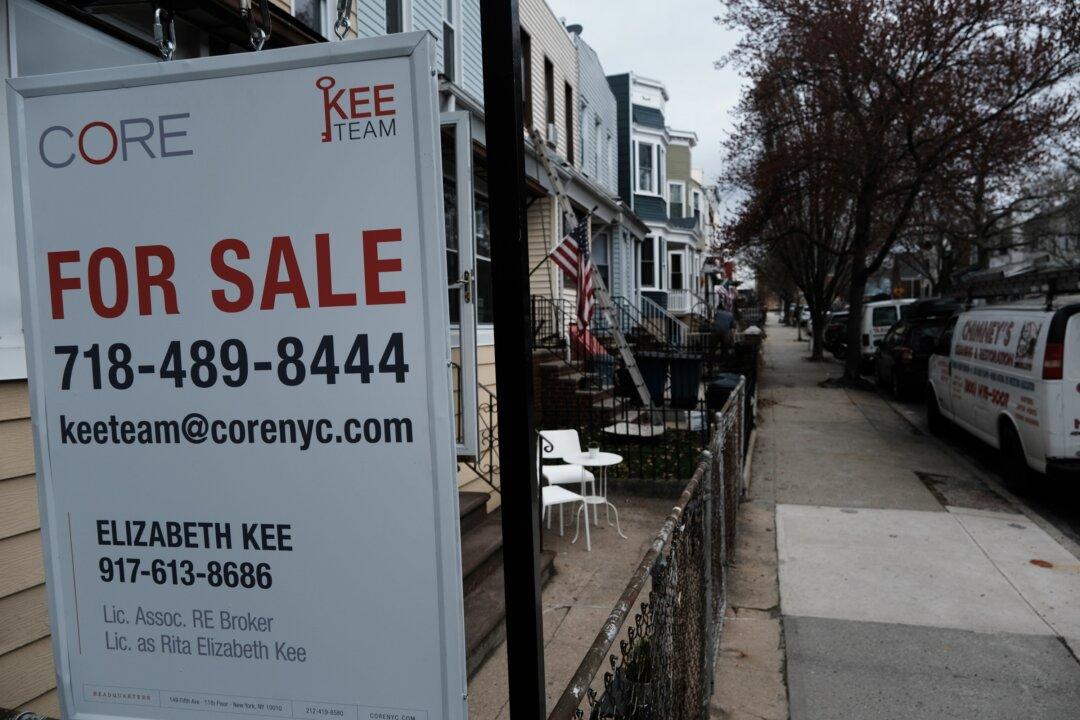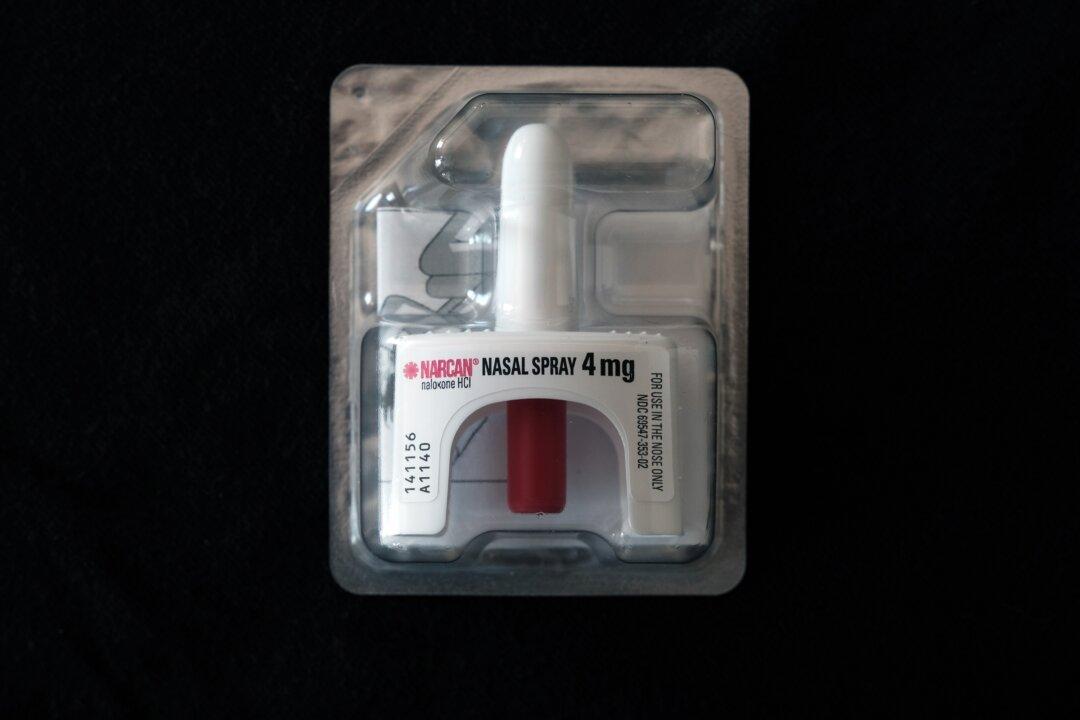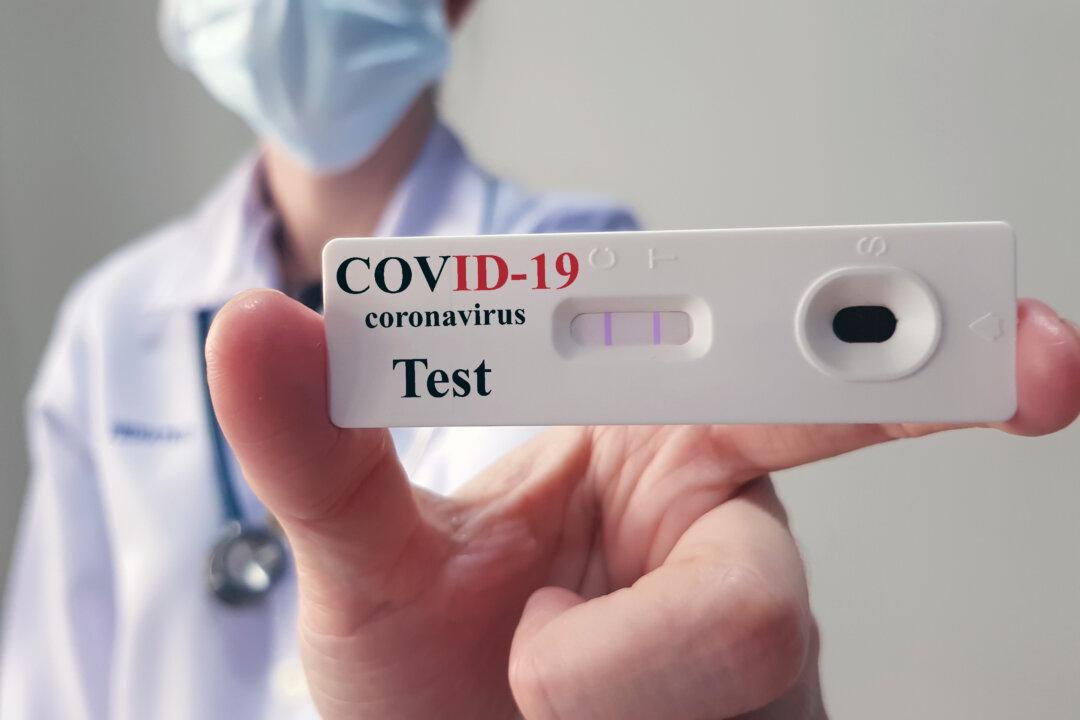A Sartell-St. Stephen School District student is speaking out after the school required grade-school children to take an equity survey.
Some students didn’t understand some of the surveys questions, but were told by a teacher they couldn’t repeat the survey questions to their parents, according to a video uploaded by Alphanews.





